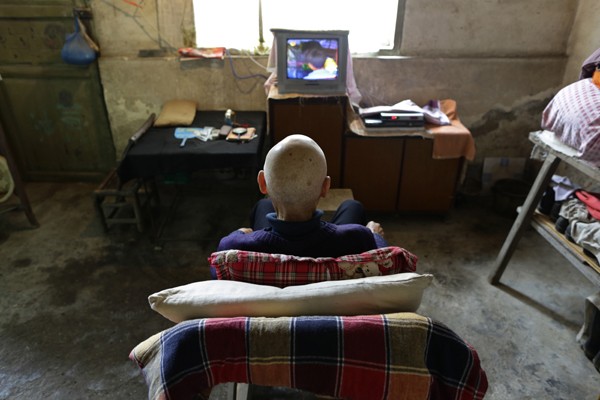Mainly relying on its content and advertising, China’s LeTV has been optimistic in seeing a continued rise in profitability, a China Business News report says.
LeTV is known as a deviation from the usual television platforms. Unlike other TV sets marketed to the consumers, LeTV's price covers not only the television itself but the content service as well. This service fee is valid for two years.
However, industry experts say that such business model can only be sustained if there is a stable market support with users continually willing to pay and consume.
For the year 2014, the company has seen a 188.98-percent revenue increase as it sold more than 1.5 million Super TV units. 2013's revenue amounted to 6.82 billion yuan ($1.1 billion).
However, the company's operating profit dropped by 99.64 percent year-on-year. The statistic slipped to 864,000 yuan ($137,700).
Experts say that LeTV's low-price-high-volume business strategy made its hardware segment less profitable, causing the decline in its operating profits amid sky-rocketing increase in its TV sales.
But such statements have not deterred the firm. Recently, LeTV vice president Zhang Zhiwei announced through a China Business News article that the company is eyeing to sell 3-4 million television sets this year.
He added that if the number of subscribers will hit a 5-million mark, LeTV will see a geometric growth in its revenues from advertising and some other services.
The company is also targeting to launch its own brand of smartphones, a move that raised some of the industry analysts' brows. According to analyst Liu Chuang, since the economical smartphone market is already dominated by Xiaomi, Huawei and Meizu, LeTV might have a hard time securing a position in the segment.
However, Zhang remained positive that just like its television's investment on content, the strategy will also help its smartphone land a sound market position and further develop this new endeavor to the fullest.



























